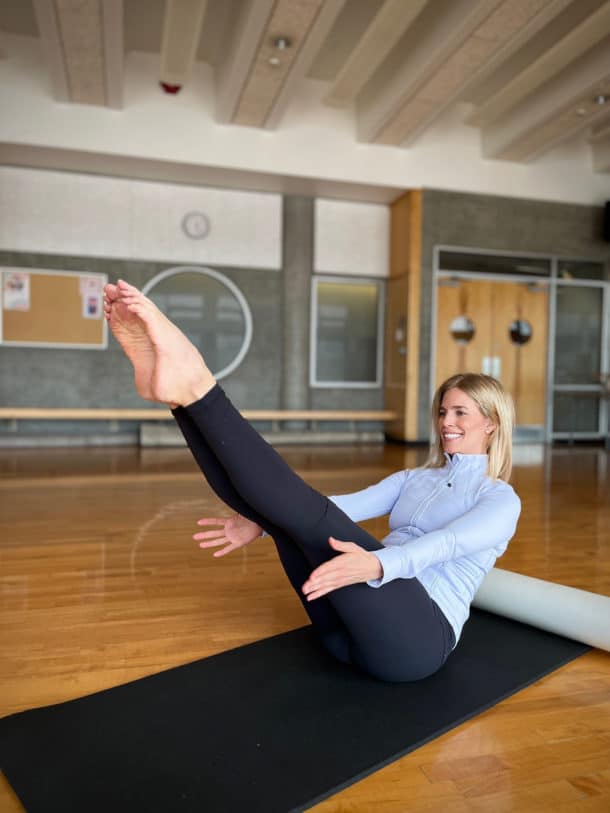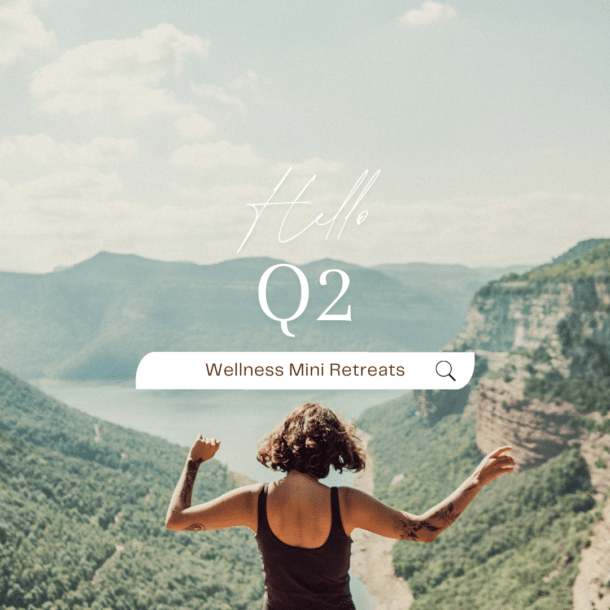How you cope with your stress determines how much it affects your health.
Stress can be caused by any major life event or other change such as a move, a change in your martial status, death of someone you love, a new job or a job that just isn’t a good fit.
Many Americans are feeling more stress now than they were five years ago. Over 40% of American workers are reportedly feeling work related stress. If you’re prone to worrying, you may also feel more stress than others.
Without adequate coping skills, stress can wreak havoc on your health. Even short term stress of a few months can cause headaches, fatigue, irritability and digestive issues. Prolonged stress can lead to depression and suicidal thoughts.
There are healthy ways to deal with stress and some very unhealthy ways such as excessive alcohol consumption, illegal drug consumption and smoking. For now, let’s focus on the healthy ways to cope.
Five healthy ways to help you cope with stress:
1/ Exercise
Exercise helps to prevent and manage health problems and concerns including cardiovascular disease, type 2 diabetes, cancer, arthritis and depression.
What’s even better is that there are no negative side effects. Exercise improves mood, boosts energy, promotes sleep, puts the spark back into your sex life, improves the look of skin and can even help expand your network of friends.
2/ Eat healthy
Does your weight fluctuate when you feel most stressed? A healthy diet can help keep your weight within a healthy range and reduce your risk of chronic diseases by ensuring your body has all the vitamins and nutrients needed to support healthy bodily functions. Exercise and vitamins can’t compensate for a bad diet.
3/ Moderate your caffeine consumption
When you’re feeling stressed, some of your vital signs are probably out of your normal range. Consuming too much caffeine can make it worse. According to the Mayo Clinic consuming more than 500-600 mg of caffeine a day, which is about 4 cups of brewed coffee, may lead to insomnia, nervousness, restlessness, irritability, upset stomach, increased heartbeat and even muscle tremors.
4/ Meditate
Meditation decreases hormones such as cortisol and adrenaline which are released during the “fight or flight” or stress response. If seated meditation isn’t your thing, Qigong, Pilates, Tai Chi and Yoga are also forms of meditation.
Meditation can help you:
- Gain a new perspective on stressful situations
- Build skills to manage your stress
- Increase self-awareness
- Focus on the present
- Reduce negative emotions
- Increase imagination and creativity
- Increase patience and tolerance
5/ Talk to a therapist
Most Americans are neurotic. People who are neurotic are high functioning most of the time, but on occasion life gets the best of them. A therapist can be a huge source of support when a problem seems too big or scary to deal with on your own. Be sure to read our interview with Dr. Ana Dubey for when and how to engage a therapist to solve problems and elevate your life.
Contact Us
Please email us to request more information about our services and collaborations.
Stay Connected
Subscribe free to receive our latest tips, workouts, exclusive offers and community notifications every Monday.



